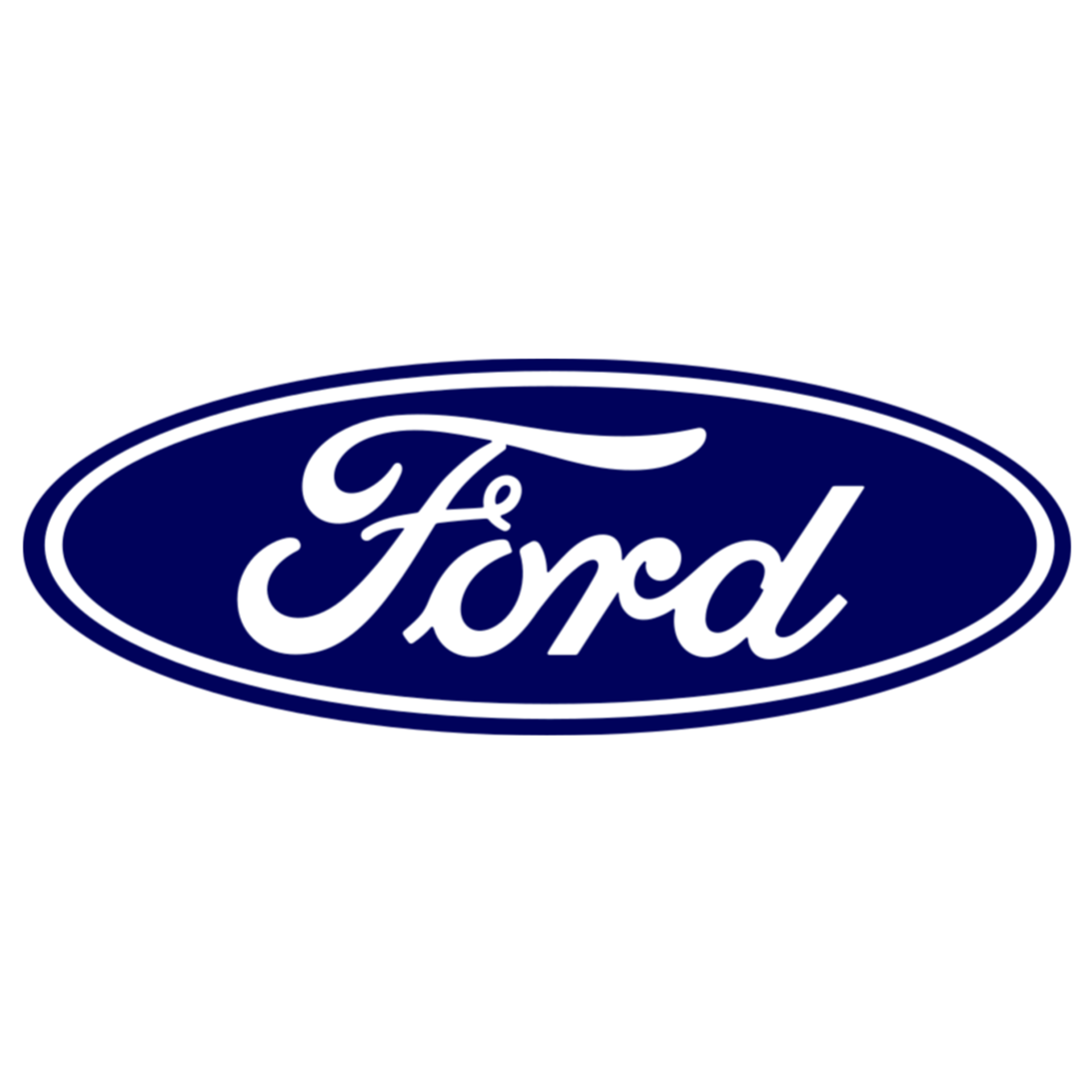
BMW
What do people say about BMW?
In the United States, BMW is generally perceived as a premium automobile and motorcycle manufacturer known for quality engineering and luxury. However, this perception is tempered by criticisms related to high prices, maintenance costs, and concerns over environmental sustainability. The brand is often seen as catering to affluent consumers, which can alienate broader audiences. Additionally, BMW’s efforts in electric vehicles are noted but often viewed as playing catch-up in a rapidly evolving market dominated by American and other foreign competitors. Overall, BMW’s image is a blend of respect for its heritage and skepticism about its adaptability and accessibility.
Where are the conversations happening?
The analysis is limited by a lack of direct channel source data, but generally, automotive review channels and consumer reports tend to highlight BMW’s engineering strengths while also criticizing pricing and maintenance. Environmental and consumer advocacy platforms tend to be more critical, focusing on sustainability and accessibility issues. Mainstream news outlets often balance these views, sometimes focusing on BMW’s innovation efforts such as electric vehicles but not without skepticism about their market impact.
What are the topics trending around BMW?
Emerging trends near BMW include the shift towards electric vehicles, sustainability efforts in automotive manufacturing, and the competitive pressure from both American and international electric vehicle makers. Additionally, there is ongoing discussion about the affordability and accessibility of luxury cars in a changing economic landscape.
Why are these topics trending?
These topics are trending because the automotive industry is undergoing a significant transformation with a focus on reducing carbon emissions and embracing new technologies. BMW’s market position is directly influenced by how effectively it can innovate and compete in the electric vehicle sector while addressing consumer demands for sustainability and cost-effectiveness.
How is BMW being talked about?
Detailed breakdown of public sentiment and conversations about this entity.
Impact vs Sentiment
See how each entity's high impact percentage relates to their positive sentiment percentage from actual mentions.





